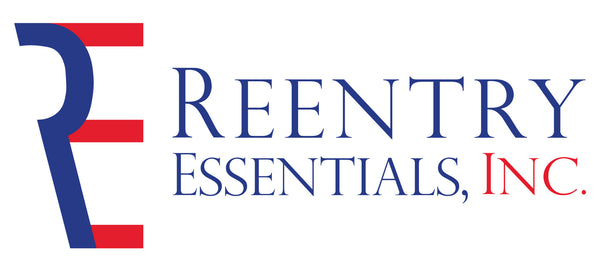Culture Shift: Increasing Institution Effectiveness
Certain universal elements define cultures, which develop when two or more people relate to each other. These elements include having a shared purpose, values, language, and systems for education and governance. A prison culture is often marked by characteristics not typically found outside of corrections. Within the offender population the culture is covert, and governance is often exercised through the threat of violence (Lucenti and Gorczyk 2005).
Even within a single correctional facility, different cultures exist. An offender will leave the education area with its set of behavioral expectations and enter a housing unit that has a completely different set of expected behaviors. The tensions among these different cultures also impact staff; conflicts between custody and program staff in correctional facilities are a classic problem.
In an ambitious move, Reentry Essentials, has set out to help corrections professionals develop one overriding culture. Using this framework, correctional officers, teachers, and other facility staff will increase their likelihood of working in unison to actively foster and support collegial, collaborative, respectful relationships among staff, and between staff and offenders, so that everyone receives the support and supervision they need to work and live in a facility in life-improving ways.
This unified culture is only possible by operating from a strengths-based perspective, characterized in part by consistent interactions across disciplines among staff and offenders, and by the generous use of structured and specific positive reinforcement.
The overriding goals of this framework aim to:
Our framework focuses on transforming the traditional institutional culture to one in which authority establishes positive behavioral expectations through the frequent use of positive reinforcement.
We have created a series of toolkits designed to provide corrections professionals from all jurisdictions and custody levels with the guidance and resources needed to effectively advance a shift in culture.
For additional information or to request a consultation with one of our implementation specialists, please contact us directly.
Even within a single correctional facility, different cultures exist. An offender will leave the education area with its set of behavioral expectations and enter a housing unit that has a completely different set of expected behaviors. The tensions among these different cultures also impact staff; conflicts between custody and program staff in correctional facilities are a classic problem.
In an ambitious move, Reentry Essentials, has set out to help corrections professionals develop one overriding culture. Using this framework, correctional officers, teachers, and other facility staff will increase their likelihood of working in unison to actively foster and support collegial, collaborative, respectful relationships among staff, and between staff and offenders, so that everyone receives the support and supervision they need to work and live in a facility in life-improving ways.
This unified culture is only possible by operating from a strengths-based perspective, characterized in part by consistent interactions across disciplines among staff and offenders, and by the generous use of structured and specific positive reinforcement.
The overriding goals of this framework aim to:
- Support successful community reintegration.
- Improve employability.
- Improve job retention.
- Enhance, by offender choice, a reconnection to society.
- Build a sense of empowerment through the application of new skills.
- Reduce instances of violence and misconduct through positive reinforcement.
- Increase public safety through positive social engagement and victim awareness.
- Improve collaboration both in the facility and in the community.
Our framework focuses on transforming the traditional institutional culture to one in which authority establishes positive behavioral expectations through the frequent use of positive reinforcement.
We have created a series of toolkits designed to provide corrections professionals from all jurisdictions and custody levels with the guidance and resources needed to effectively advance a shift in culture.
For additional information or to request a consultation with one of our implementation specialists, please contact us directly.
Invalid Password
Enter
